Silicone has become a common material in our lives. It is widely used in kitchen utensils, medical instruments, baby bottles, food containers, and personal care products.
But with its growing popularity, people began to worry about an important question: Is silicone safe?
Especially when using at high temperatures, are harmful substances released? Is there a potential risk to human health? What safety standards should we pay attention to when choosing silicone products?
In this article, we look at the composition of organic silicone, its use, and the possible effects on health and the environment to help you better understand the true safety of this material.
What is Silicone?
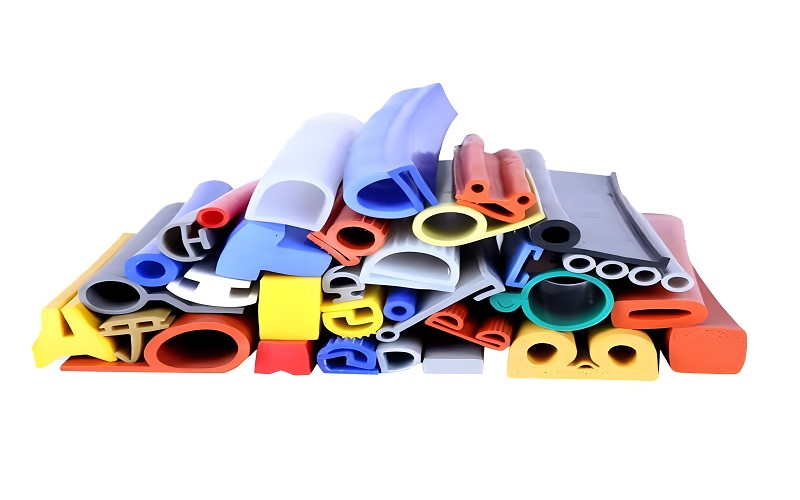
Silicone is a man-made material made of silicon, an element extracted from sand, plus oxygen, carbon, and hydrogen.
It is precisely because of this combination of elements that silicone has many special advantages and can be used in many places.
Silicone can be primarily categorized into the following types: industrial-grade silicone, food-grade silicone, medical-grade silicone, and conductive silicone.
The Versatility of Silicone
Silicone is really useful in many industries because it is soft, durable, and can withstand high temperatures.
- High temperature resistance: Silicone can withstand temperatures from -60°C to over 250°C, so it can be used in both extremely cold environments and hot places.
- Chemical stability: Silicone does not react with most chemicals, so it is often used to make seals, gaskets, and industrial pipes.
- Durability: Silicone is very durable and does not easily break even with frequent use. This is why it is particularly popular in the engineering, automotive, and medical industries.
The following are common ranges of silicone physical properties:
| Property | Range |
| Tensile Strength | 4 – 12 MPa |
| Elongation | 200% – 800% |
| Tear Strength | 9 – 55 kN/m |
| Hardness (Shore A) | 20 – 80 |
| Compression Set | Less than 20% (measured at high temperatures) |
| Density | 1.1 – 1.3 g/cm³ |
| Working Temperature Range | -60°C to 250°C |
These characteristics make silicone play an important role in various occasions.
Can Silicone be Considered Safe Across Different Uses?
Is Silicone Safe for Industrial Applications?
Silicone is widely used in industry, and safety is important, especially in extreme conditions.
It performs well under high pressure, is resistant to heat, chemicals, and mechanical stress, and does not release harmful substances. This is why many car engine gaskets and seals are made of silicone.
In general, silicone is safe, but choose a high-quality product.
Cheap silicone may contain ingredients that break down easily and cause problems over time. High-quality silicone will remain safe and stable for a long time in harsh environments.
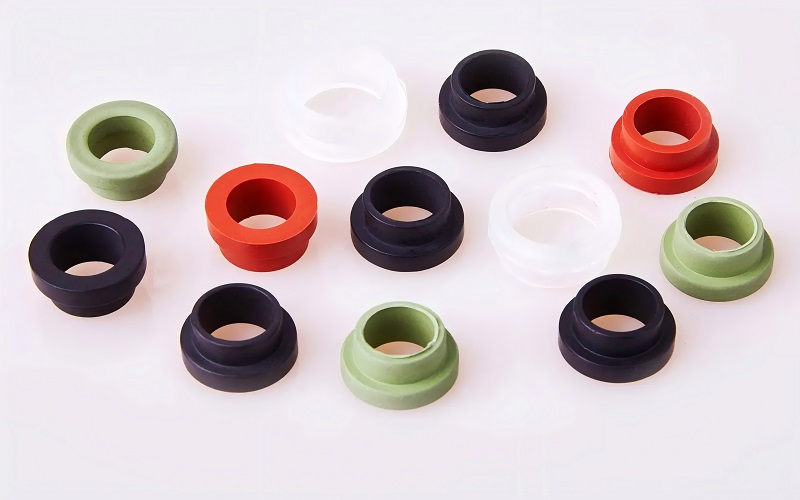
Is Silicone Safe for Cooking and Baking?
Silicone is very safe for cooking and baking. Many people like to use it to make all kinds of delicious food.
Firstly, the silicone can withstand high temperature, usually up to 250 °C. This means you can put silicone plates and molds in the oven or microwave and even wash them in the dishwasher, making them very convenient to clean.
In addition, silicone does not release harmful chemicals. It does not break down or release harmful gases, whether at high temperatures or in contact with food.
Another advantage of silicone is that it has excellent non-stick properties, so the food does not stick easily and is easy to remove. When baking cakes or biscuits, for example, silicone molds allow you to easily unmold and keep the shape of food.
However, it is important to purchase high-quality food-grade silicone products and ensure that they have a food safety certification to ensure that no hazardous ingredients have been added.
In general, silicone is safe to use in the kitchen. You can enjoy cooking and cooking with peace of mind by choosing the right products.
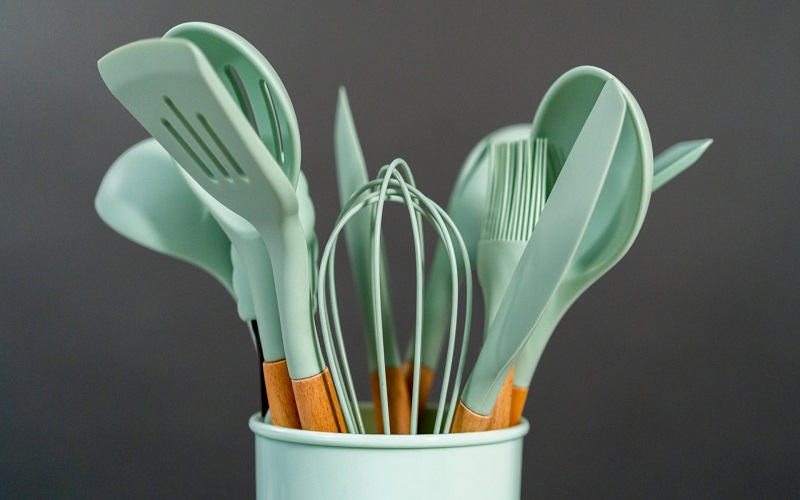
Is Medical Silicone Safe?
Medical silicone is very common in the medical field, mainly because it is safe and stable. It is not easy to cause allergies or inflammations in contact with the human body and shows good biocompatibility.
This is why doctors use it to make many medical devices, such as artificial organs, prostheses, urinary catheters, and bandages.
These devices require long-term contact with the human body. Medical silicone retains its flexibility and function without harming health.
In addition, medical silicone is resistant to heat and corrosion, which makes it very suitable for high-temperature sterilization and ensures that medical instruments can be reused safely.
Thus, medical silicone guarantees the health and safety of patients, whether in the operating room or in daily care.
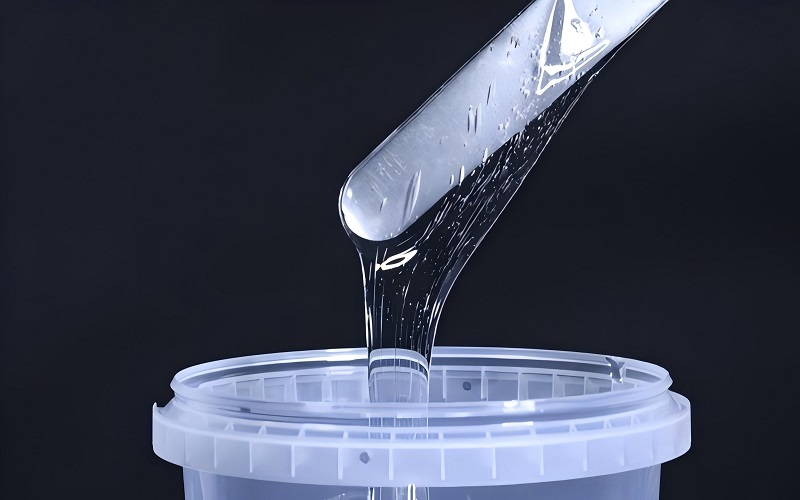
Is Silicone Safe in Baby Products?
Silicone is really common in baby products, such as pacifiers, bottles, and chews.
Many parents like to choose silicone pacifiers and bottles because silicone is very soft and feels like breast milk, which is very comfortable. Moreover, food-grade silicone does not contain harmful substances, such as BPA (bisphenol A) and phthalates, which may be bad for the health of babies.
More importantly, silicone pacifiers and bottles are resistant to high temperatures and can be sterilized at high temperatures. They are not easy to deform or release harmful substances after use, which can better protect the health of babies.
The softness of silicone also makes it more comfortable for babies to use, especially when they are used to breastfeeding.
Of course, when choosing these silicone products, parents still need to see if they have passed international certifications such as FDA and LFGB. In general, certified food-grade silicone products are very safe and suitable for infants and young children for daily use.
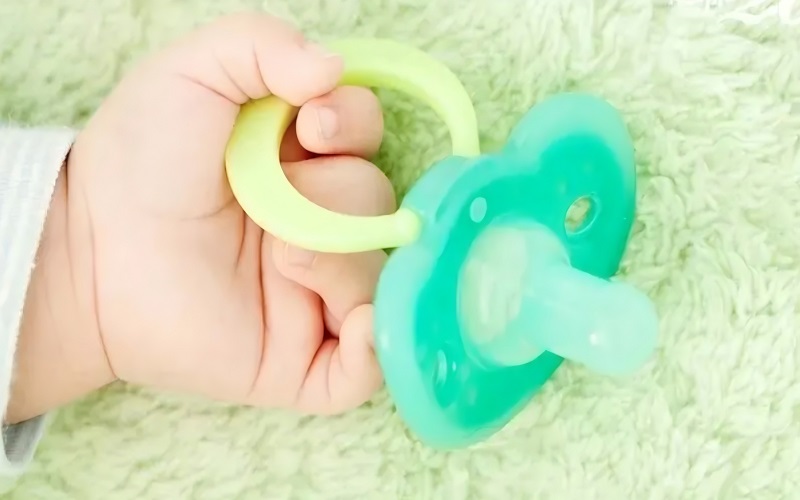
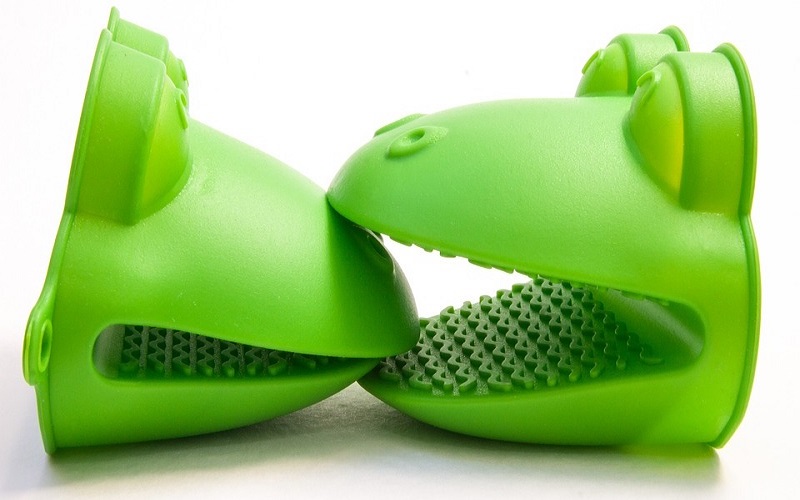
Are There Health Risks Associated with Silicone?
Silicone is generally safe, but like any material, it has some health risks.
First, although it is rare, some people may be allergic to silicone and may experience a skin reaction of redness or itching. If this happens, it is best to stop using it and consult a doctor.
In addition, low-quality silicone products may contain some harmful fillers or chemicals, especially when heated, which may release unsafe substances. Therefore, it is important to choose high-quality, certified silicone products.
For medical silicone implants that are implanted in the body for a long time, a small number of people may have a mild inflammatory reaction, but this is rare.
In general, the health risks are very low when using certified, high-quality silicone products.
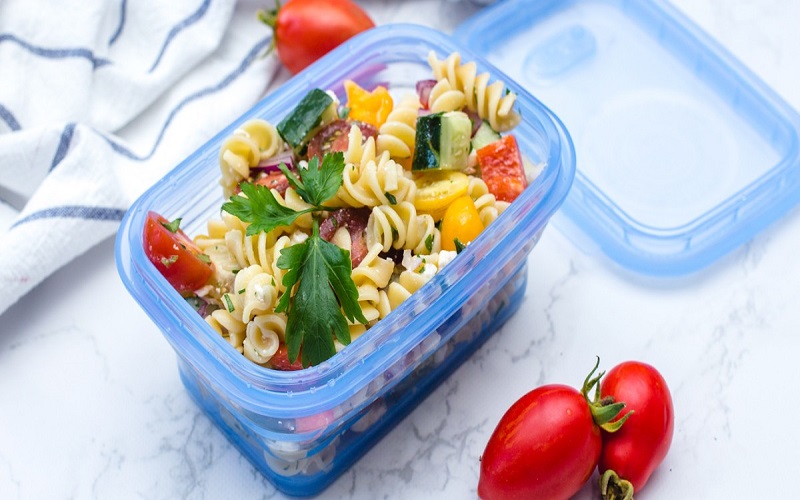
Is Silicone Safe for the Environment?
Silicone has two main environmental impacts.
First, while it is very durable, it degrades slowly in the natural environment and may take decades to completely decompose. So, while silicone products are safe to use, they may cause some stress on the environment after they are discarded.
On the other hand, silicone can be reused many times, making it much more environmentally friendly than single-use plastics. Although recycling of silicone is not common, its durability means that we can use it for longer, such as silicone storage bags and baking mats, and reduce our reliance on single-use plastics.
Overall, silicone is a relatively environmentally friendly material, but recycling and reducing waste are still important.
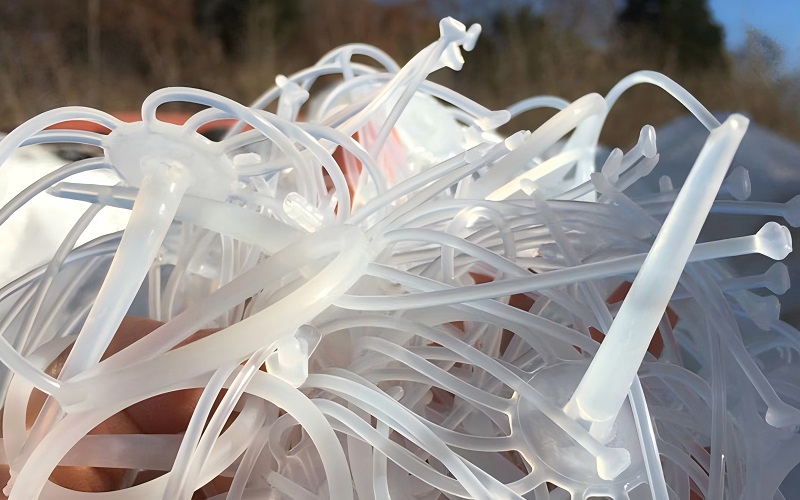
Comparing Silicone to Other Materials: Which is Safer?
To better understand the safety of silicone, we can compare it to some common materials:
Silicone vs Teflon
Teflon is often used in non-stick pans, but sometimes it releases toxic gases when heated, which is worrying. Silicone is stable at high temperatures and does not release harmful substances, so it is safer for baking and cooking.
Silicone vs polycarbonate
Polycarbonate is often used to make water bottles and food containers, but it contains bisphenol A (BPA), a chemical that can be harmful to health. Silicone does not contain BPA, so it is safer when storing food and baby products.
Silicone vs polyethylene
Polyethylene is a common plastic that is often used to make bags and bottles and is inexpensive. However, it is not as heat-resistant and stable as silicone. If you need to withstand high temperatures or use it for a long time, silicone is a better choice.
In general, silicone is a safer and more reliable choice in many ways.
How to Choose the Safest Silicone Products
If you’re concerned about silicone safety, here are some tips to help you choose the best products:
- Look for 100% food-grade or medical-grade silicone: Avoid products that don’t specify their silicone quality.
- Check for FDA approval: FDA-approved products have passed stringent safety tests.
- Do the pinch test: If your silicone turns white when pinched, it may contain fillers. Stick to products that maintain their color under pressure.
- Buy from reputable brands: Well-known companies are more likely to produce high-quality, safe silicone products.
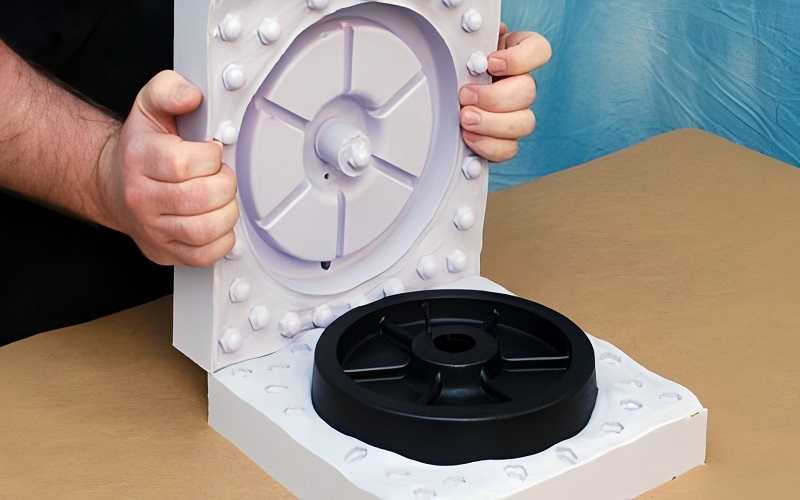
Final Thoughts: Is Silicone Safe?
So, regarding the question of “Is silicone safe?” we can actually relax. Silicone is very safe, especially high-quality food-grade and medical-grade silicone.
These silicones have been rigorously tested to ensure that they will not release harmful substances or harm the human body.
Whether it is used in the kitchen, a pacifier for a baby, or a medical device, as long as you choose certified silicone products, basically there will be no problem.
Debunking Common Myths About Silicone Safety
Myth 1: Silicone releases harmful substances when heated.
In fact, food-grade silicone is safe when heated and does not release harmful substances. Only poor-quality silicone can have this problem.
Myth 2: Silicone decomposes quickly.
This is not true! Silicone is very durable and can last a long time. This is why it is often used in cooking MATS, baby bottles, and industrial washing machines.
Myth 3: Everyone is allergic to silicone.
In fact, very few people are allergic to silicone. Most people are well; only a few people can be sensitive to certain ingredients. In general, it is safe to use the high-quality food-grade silicone.
Myth 4: Silicone can give food taste or smell.
Some people worry that the silicone will affect the taste of food, but the high-quality silicone will not smell under normal use, so the product is safe to use on food.
